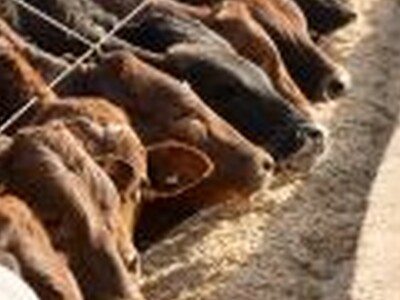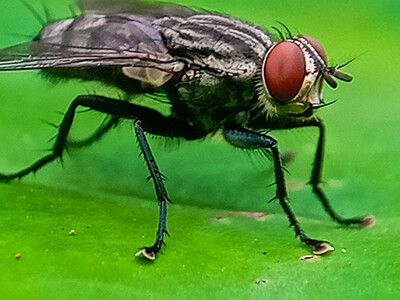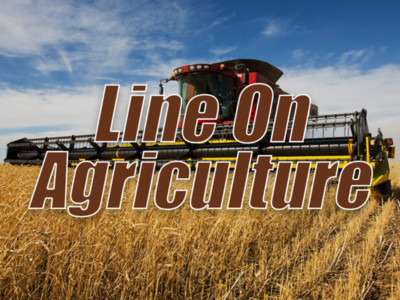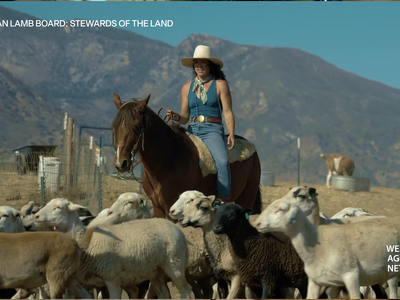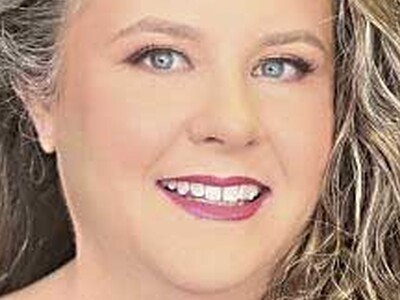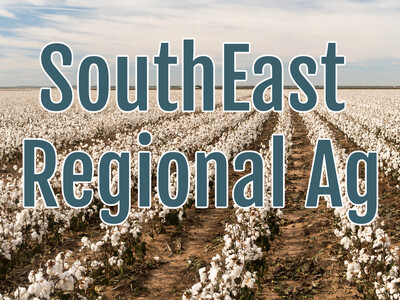United Egg Decision Raises Concerns
United Egg Decision Raises Concerns. I’m Greg Martin with today’s Line On Agriculture.
Last week just as animal welfare groups were getting ready to deliver signatures to put a measure on Washington State’s ballot, the campaign was abruptly cancelled after the national Humane Society reached a last-minute agreement with the United Egg Producers. The measure was regarding hens used for egg laying that were being kept in cramped cages without enough room to spread their wings or move freely. In a national agreement reached early Thursday morning, both sides agreed to support federal legislation that would require a phase-in of larger cages with 124 square inches per bird. The so-called “enhanced colony” cages would also have nesting boxes, perches and scratching pads for hens, but would still be stacked. Now a lot of ag organizations are concerned. National Pork Producers Council President Doug Wolf says legislation pre-empting state laws on egg production would set a dangerous precedent.
WOLF: This would override state rules and that’s what we’re scared of. When you start doing that and you start having the federal government, here again, dictate production practices. I mean in the hog industry we do an excellent job of overseeing of course the pork board has our pork quality assurance program and our we care program so animal welfare is right at the top of our list of concern that we want to do a good job and all of our production practices have been approved by the American Veterinary Association.
Wolf says trying to put together a production standard for all producers will limit their ability to make sound management decisions and that will hurt their bottom line especially for those in niche markets. He says it also makes its difficult to respond to consumer demands - which will end up raising retail meat prices.?
WOLF: We sure are concerned that any time you get production methods determined by legislative efforts it just takes away from the individuals and the ability to make decisions on behalf of their own production what works best for them.??Wolf says NPPC is also concerned about the uncertainty such legislation would generate among U.S. pork producers. There are about 280 million hens in the United States, most in cages. Over the next 15-18 years, the egg industry agrees to retrofit about 2000 hen houses across the country to double the space for birds—an estimated $4 billion investment. The agreement also called for a national labeling program.
That’s today’s Line On Agriculture. I’m Greg Martin on the Ag Information Network.




